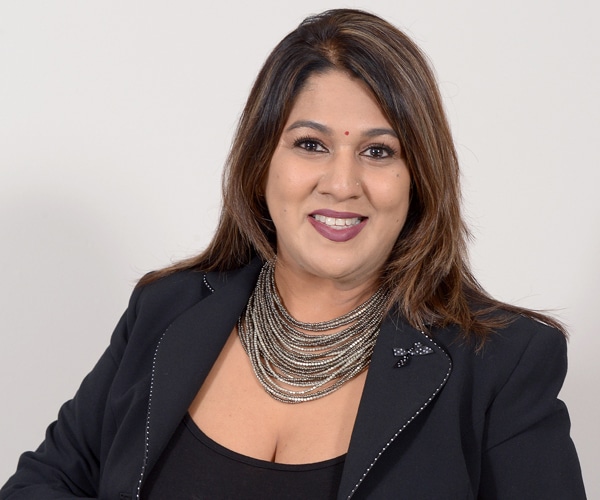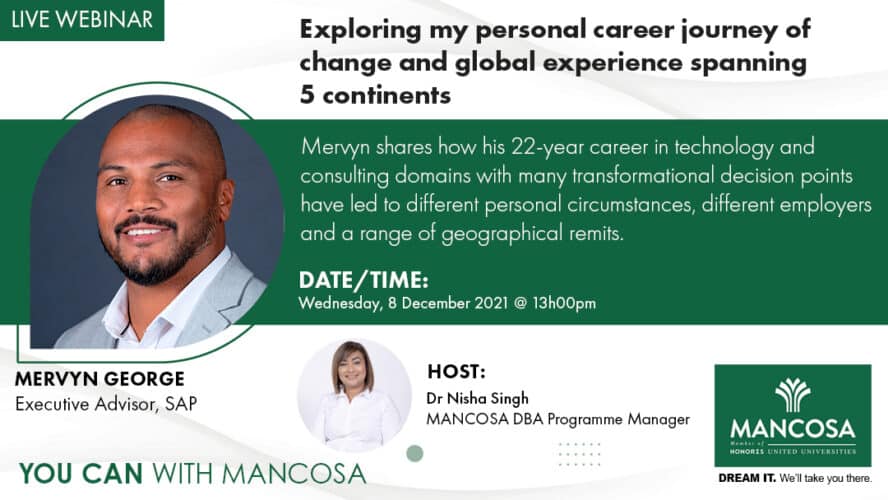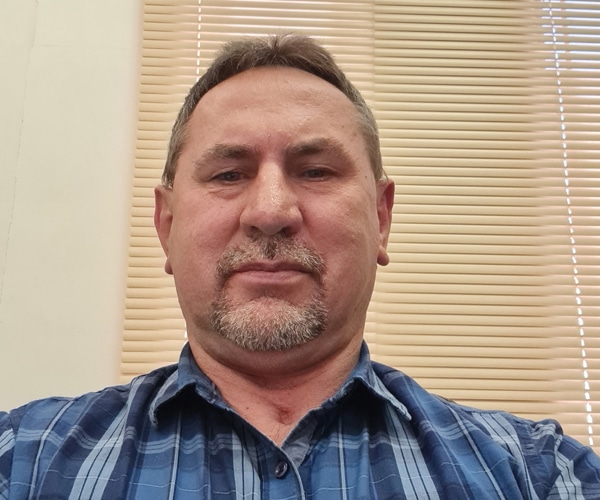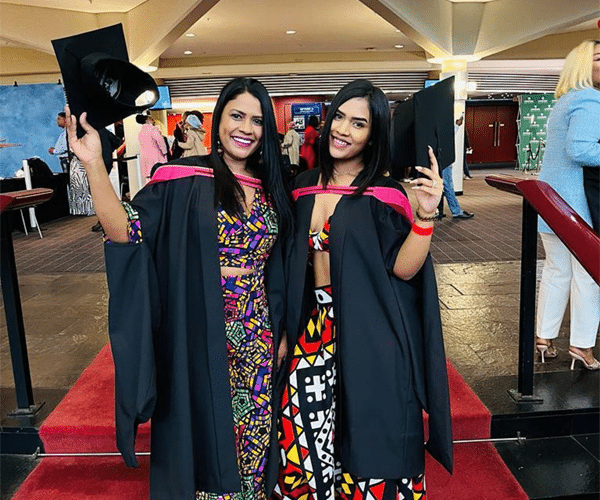Stop blaming the boys’ network and sprinkle some “Black Girl Magic”
Women must stop blaming the boys’ network when they fail to climb the career ladder. The demise of women in leadership is as a result of bullying, in-fighting and a lack of mentoring from the non-existent sisterhood.

Women must stop blaming the boys’ network when they fail to climb the career ladder. The demise of women in leadership is as a result of bullying, in-fighting and a lack of mentoring from the non-existent sisterhood.
Through time immemorial, boys’ clubs have existed with defined agendas. Now with attempts to balance the workforce and create gender equality, we are seeing various types of girls’ clubs with seemingly varied agendas, writes MANCOSA academic, Dr Aradhana Ramnund-Mansingh.
Society continues to foster gender division in all facets of work and community, creating unhealthy competition. In response to social change and gender equality, we need to look at innovative ways to grow and develop people.
Instead of Marvel or DC comic book escapism, we should invest in our own brand of superheroes, i.e., a group of individuals comprising captains of industry across the intersections of race and gender to help foster empowerment programmes to shift gender norms, attitudes and practices by increasing women’s self-confidence, encouraging them to express their views and giving them access to role models who often also act as mentors.
Currently, because we consciously create gender divisions, and competition for roles and promotions are limited, there are many offices that have become an extension of the school playground made up of bullies and victims.
It is in these toxic office environments that we find women who are seen to be thriving and developing, are immediately red-flagged as competition.
Before long, a group of women often referred to as “bootlickers” will align to the boys’ network and attempt to sabotage successful women from within, knowing full-well the influence the boys’ network has over decision-making and policy.
Over the decades, women have learnt, researched and understood the workings of the boys’ network and are now in a healthy position to gender balance the C-suite. This, however, is sabotaged by effective militant strategy from within.
The Americans have coined a powerful hashtag called “Black Girl Magic”, celebrating the beauty, power and resilience of black women, and setting a definitive space for the emergence of the sisterhood. It is an energised campaign which seeks to spread the power of black girl magic because only the sisterhood understands the adversity which they have endured.
Women suffering challenges of glass ceilings, role overload, maternal wall and burnout have been aggravated by other women. Their actions have created a concretised floor that barricades the mahogany row of executives’ offices, so that other women are completely isolated from viewing or reaching it. The Queen Bee is not the only female-related impediment to women achieving leadership roles. The Queen Bee acts only from her ivory tower in limited ways. The real damage is caused by co-workers.
Group bullying and attacking work competence and parenting skills are at the top of the list, as successful women grapple with components of guilt as they attempt to manage “impossible” balance. Working harder to prove the “nasty step sisters”’ wrong, she incurs higher levels of stress and burnout.
Where to for South African women in the workplace and those climbing up the corporate ladder? We have positive legislation to support us. We have the principles of Ubuntu which unify a nation but should also strengthen the sisterhood. Ubuntu, amalgamated with black girl magic, is a powerful potion to success. This helps us develop a positive and collaborative mindset but the most significant tool to ensure the success of women in the workplace, is mentoring.
Irrespective of what our roles within the community or workplace are, lets us share knowledge and skills; let us hold the ladder firmly in place while members of the sisterhood climb it; let us entrench positive affirmations towards each other and celebrate every sister’s success as a collective.
If a member of the Queen Bee clan can mentor others, so can we. The Princess Bee supports and mentors all other women as long as they are not in direct competition for her role.
ENDS





